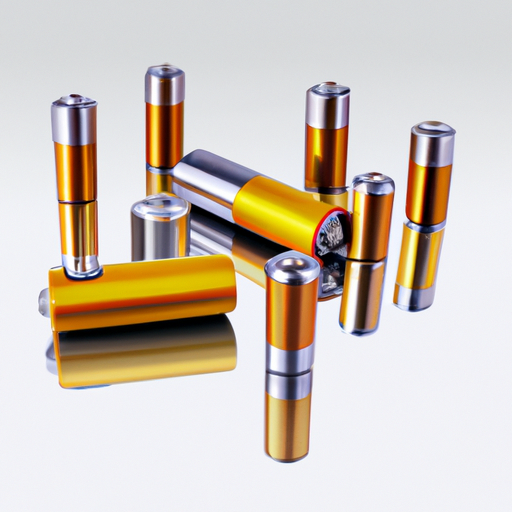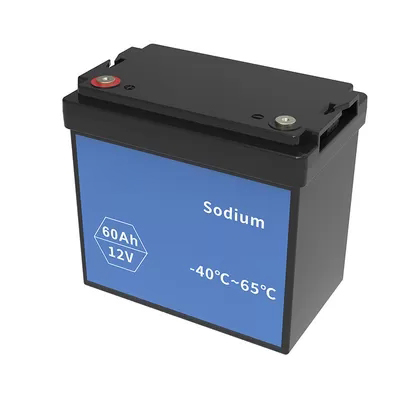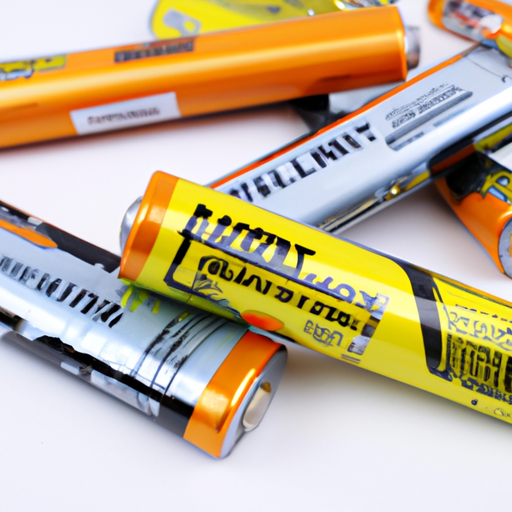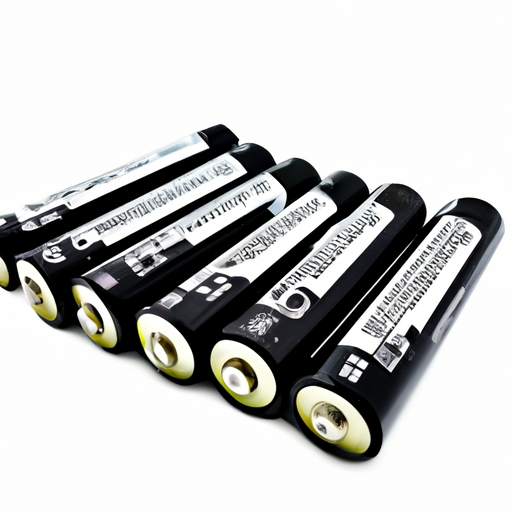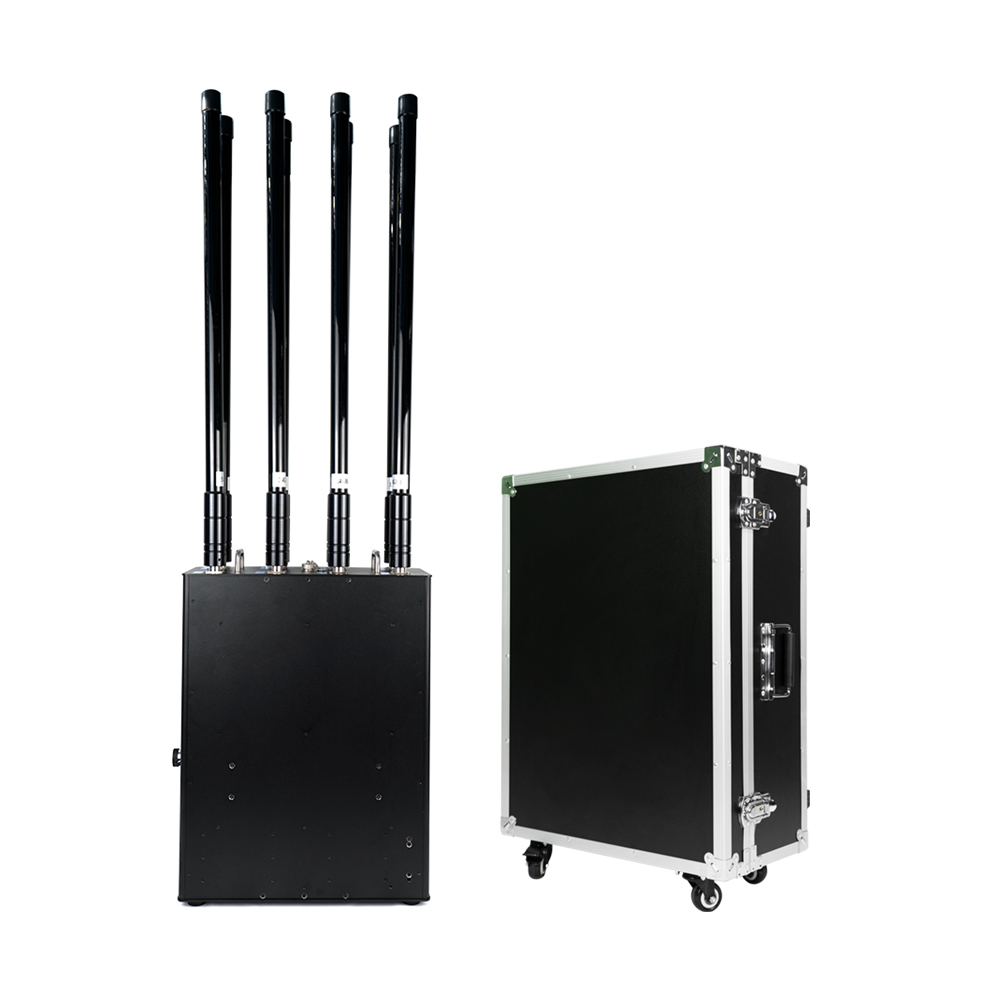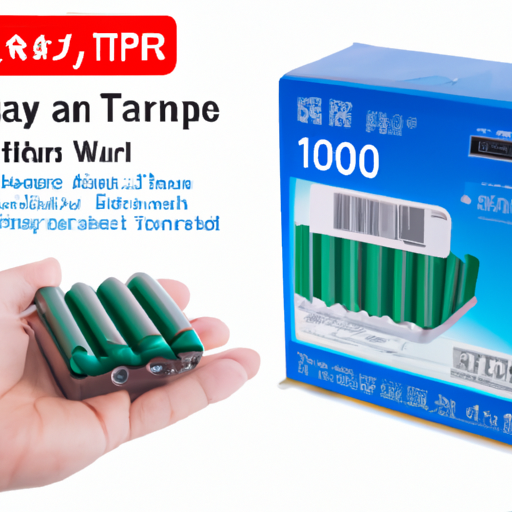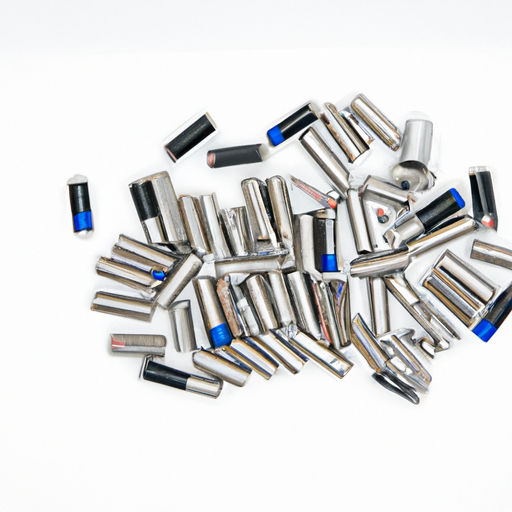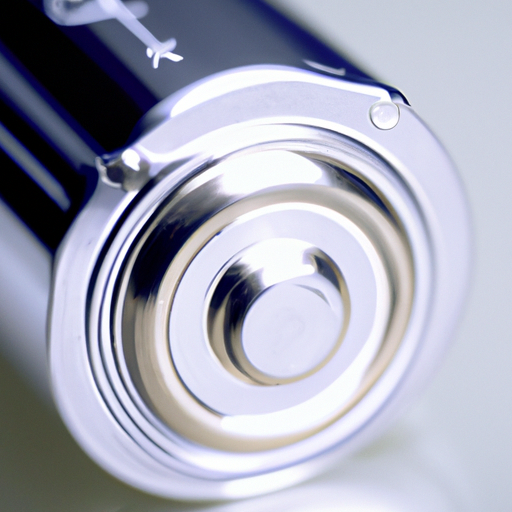What are the Top 10 Popular Models for Express Delivery of Mainstream Lithium Battery Products?
I. Introduction
The demand for lithium battery products has surged in recent years, driven by the proliferation of consumer electronics, electric vehicles (EVs), and renewable energy solutions. As these products become integral to our daily lives, the need for efficient express delivery systems has never been more critical. This article explores the top 10 popular models for express delivery of lithium battery products, highlighting their unique benefits and ideal use cases.
II. Understanding Lithium Battery Products
A. Definition and Types of Lithium Battery Products
Lithium batteries are rechargeable energy storage devices that utilize lithium ions to move between the anode and cathode during charging and discharging. They are widely used in various applications, including:
1. **Consumer Electronics**: Smartphones, laptops, tablets, and other portable devices rely heavily on lithium batteries for their power needs.
2. **Electric Vehicles (EVs)**: The automotive industry has embraced lithium batteries as the primary power source for electric vehicles, offering longer ranges and faster charging times.
3. **Renewable Energy Storage Systems**: Lithium batteries play a crucial role in storing energy generated from renewable sources like solar and wind, enabling a more sustainable energy future.
B. Unique Challenges in Shipping Lithium Batteries
Shipping lithium batteries presents unique challenges due to their chemical properties and associated risks. Key considerations include:
1. **Regulatory Considerations**: Various international regulations govern the transport of lithium batteries, including the International Air Transport Association (IATA) guidelines and the United Nations (UN) regulations.
2. **Safety Concerns**: Lithium batteries can pose fire hazards if damaged or improperly handled, necessitating stringent safety protocols during shipping.
III. Key Factors Influencing Express Delivery Models
When selecting an express delivery model for lithium battery products, several factors come into play:
A. Speed and Reliability
The ability to deliver products quickly and reliably is paramount, especially for consumer electronics and EVs, where customers expect prompt service.
B. Cost-Effectiveness
Balancing speed with cost is essential for businesses. Companies must evaluate the trade-offs between different delivery models to optimize their logistics.
C. Compliance with Regulations
Adhering to shipping regulations is non-negotiable. Delivery models must ensure compliance to avoid legal issues and potential fines.
D. Environmental Considerations
As sustainability becomes a priority, delivery models that minimize carbon footprints and promote eco-friendly practices are increasingly favored.
IV. Top 10 Popular Models for Express Delivery of Lithium Battery Products
A. Model 1: Direct Shipping via Air Freight
**Description and Benefits**: Air freight is one of the fastest methods for shipping lithium batteries, allowing for quick delivery across long distances. This model is particularly beneficial for high-value consumer electronics that require immediate availability.
**Ideal Use Cases**: Ideal for urgent shipments of smartphones, laptops, and other consumer electronics, especially during product launches or peak shopping seasons.
B. Model 2: Ground Transportation with Specialized Carriers
**Description and Benefits**: Ground transportation using specialized carriers ensures that lithium batteries are handled with care. These carriers are trained in the specific regulations and safety protocols required for transporting hazardous materials.
**Ideal Use Cases**: Suitable for regional deliveries of EV batteries and bulk shipments to retailers or manufacturers.
C. Model 3: Third-Party Logistics (3PL) Providers
**Description and Benefits**: 3PL providers offer comprehensive logistics solutions, including warehousing, inventory management, and distribution. They can navigate the complexities of shipping lithium batteries, ensuring compliance and efficiency.
**Ideal Use Cases**: Best for businesses looking to outsource their logistics operations, particularly those with fluctuating demand.
D. Model 4: Same-Day Delivery Services
**Description and Benefits**: Same-day delivery services cater to customers who need products immediately. This model leverages local couriers and advanced logistics technology to ensure rapid delivery.
**Ideal Use Cases**: Perfect for urgent consumer electronics needs, such as repairs or replacements.
E. Model 5: E-commerce Fulfillment Centers
**Description and Benefits**: E-commerce fulfillment centers streamline the shipping process for online retailers. They often have the infrastructure to handle lithium batteries safely and efficiently.
**Ideal Use Cases**: Ideal for online retailers selling consumer electronics and accessories that require quick shipping.
F. Model 6: Drone Delivery Systems
**Description and Benefits**: Drone delivery systems are emerging as a revolutionary method for transporting small packages, including lithium batteries. They offer speed and reduced traffic congestion.
**Ideal Use Cases**: Suitable for urban areas where quick delivery of small electronic devices is essential.
G. Model 7: Rail Transport for Bulk Shipments
**Description and Benefits**: Rail transport is a cost-effective solution for bulk shipments of lithium batteries. It reduces the carbon footprint compared to road transport and can handle large volumes.
**Ideal Use Cases**: Best for transporting large quantities of EV batteries or renewable energy storage systems across long distances.
H. Model 8: Hybrid Delivery Models
**Description and Benefits**: Hybrid delivery models combine various transportation methods to optimize efficiency and cost. For example, a shipment might travel by rail and then be delivered by truck.
**Ideal Use Cases**: Effective for businesses that require flexibility and adaptability in their logistics.
I. Model 9: International Freight Forwarding
**Description and Benefits**: International freight forwarding involves coordinating shipments across borders, ensuring compliance with international regulations. This model is essential for global businesses.
**Ideal Use Cases**: Suitable for manufacturers exporting lithium batteries to international markets.
J. Model 10: On-Demand Delivery Platforms
**Description and Benefits**: On-demand delivery platforms connect customers with local couriers for immediate delivery. This model leverages technology to provide real-time tracking and flexibility.
**Ideal Use Cases**: Ideal for consumers needing quick access to replacement batteries or electronic devices.
V. Case Studies
A. Successful Implementation of Express Delivery Models
Several companies have successfully implemented express delivery models for lithium battery products. For instance, a leading smartphone manufacturer utilized air freight to ensure timely delivery of new devices during a product launch, resulting in increased sales and customer satisfaction.
B. Lessons Learned from Industry Leaders
Industry leaders emphasize the importance of compliance and safety in shipping lithium batteries. Companies that invest in training and technology to manage these aspects tend to outperform their competitors.
VI. Future Trends in Express Delivery of Lithium Battery Products
A. Technological Advancements
Emerging technologies, such as AI and machine learning, are set to revolutionize logistics, enabling more efficient routing and inventory management.
B. Evolving Regulations
As the market for lithium batteries grows, regulations will continue to evolve. Companies must stay informed to ensure compliance and avoid disruptions.
C. Sustainability Initiatives
The push for sustainability will drive innovations in eco-friendly packaging and transportation methods, aligning with consumer preferences for environmentally responsible practices.
VII. Conclusion
Efficient express delivery models are crucial for the success of lithium battery products in today's fast-paced market. As demand continues to grow, businesses must adapt their logistics strategies to meet customer expectations while ensuring safety and compliance. The future of express delivery for lithium battery products looks promising, with advancements in technology and a focus on sustainability paving the way for more efficient and responsible shipping practices.
VIII. References
- International Air Transport Association (IATA) Guidelines
- United Nations Regulations on Hazardous Materials
- Industry reports on lithium battery market trends and logistics solutions
This comprehensive exploration of the top 10 popular models for express delivery of mainstream lithium battery products highlights the importance of adapting to the evolving landscape of logistics and consumer demands.

